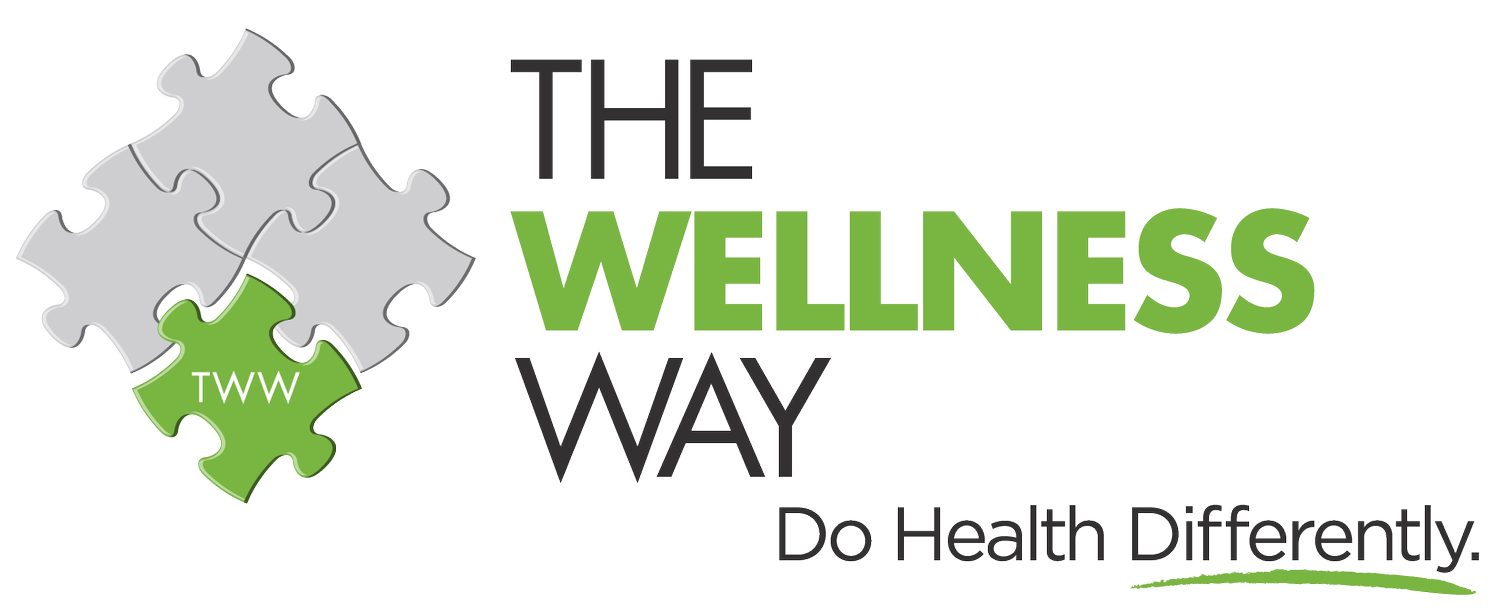Understanding PCOS Beyond Hormonal Imbalances
Polycystic Ovarian Syndrome (PCOS) is a significant health concern affecting up to 15% of women of reproductive age worldwide. Despite its prevalence, a lack of awareness and understanding often leads to underdiagnosis or misinterpretation of its symptoms.
Many women mistakenly believe that because their symptoms are widespread and their doctors don’t seem concerned about them, these symptoms must be normal. However, such misunderstanding highlights the critical need for better recognition of the signs of PCOS and the importance of specialized hormone testing for accurate diagnosis and effective management.
More Than Just a “Hormonal Issue”
PCOS involves disruptions in reproductive hormones. Women with PCOS may have higher levels of androgens (often referred to as male hormones) and insulin resistance, where the body doesn't use insulin effectively. This hormonal imbalance can lead to irregular menstrual cycles, difficulties with fertility, and the development of cysts on the ovaries.
While the exact cause of PCOS is not fully understood, it’s clear that it involves more than just hormonal imbalances. Recognizing this broader perspective is vital as it sheds light on the complexity of PCOS. By understanding that lifestyle and environmental factors also play significant roles in its development, we empower our patients with PCOS to take proactive steps towards their well-being.
Lifestyle Factors
Diet and Nutrition: A healthy diet is crucial for managing PCOS. Avoiding refined sugars and simple carbs is key as they worsen insulin resistance, a common challenge in PCOS. Instead, focus on diets rich in vegetables, fruits, lean proteins, and whole grains to regulate insulin levels.
Physical Activity: Regular exercise improves insulin sensitivity, helps with weight loss, and reduces inflammation. Simple activities like walking, cycling, or yoga can make a big difference in managing PCOS symptoms.
Weight Management: Many people with PCOS find that even losing a small amount of weight can lead to improved symptoms like menstrual regularity and reduced insulin resistance. For optimal results, it is best to focus on long-term, healthy lifestyle changes instead of the quick short-term diets.
Stress Reduction: Chronic stress can worsen PCOS symptoms by affecting cortisol and insulin levels, highlighting the importance of stress-reducing activities like meditation and adequate rest for better management of symptoms.
Environmental Factors
Reducing Exposure to Endocrine Disruptors: Certain chemicals in the environment, like BPA (found in plastics), phthalates (in personal care products), and pesticides, can interfere with hormone function. So, limiting exposure to these substances, by choosing organic where possible, can be of great support to your hormonal health.
Gut Health: Fostering a healthy gut microbiome through a diet rich in fiber and fermented foods, while limiting processed and sugary foods, can positively impact PCOS management. This can lead to reduced inflammation and improved insulin sensitivity, potentially alleviating symptoms.
9 Common Symptoms of PCOS
Elevated Sex Drive: Constantly high libido, particularly if it surpasses that of your partner, could indicate hormonal imbalances commonly associated with PCOS.
Persistent Fatigue: Imbalances in cortisol levels due to adrenal stress are a frequent culprit behind the chronic tiredness, a common complaint among women with PCOS.
Unwanted Hair Growth: Experiencing excessive hair growth in unusual areas such as the face and abdomen (hirsutism) signals elevated testosterone levels, a classic sign of PCOS.
Irregular Menstrual Cycles: Absent or irregular periods are hallmark features of PCOS. These menstrual irregularities often indicate ovulatory dysfunction due to hormonal imbalances.
Difficult Periods: Painful, heavy menstrual flows and severe PMS reflect hormonal imbalances and may impact reproductive health and quality of life.
Weight Struggles: Difficulty managing weight, especially around the midsection (Menopausal Middle), is prevalent among women with PCOS. Insulin resistance contributes to weight gain and makes weight loss challenging.
Acne Issues: Hormonal fluctuations contribute to severe, ongoing acne, particularly along the jawline, a common skin struggle for those with PCOS.
Infertility: PCOS is a leading cause of infertility, affecting the ability to conceive due to irregularities or absence of ovulation.
Mood Swings: Fluctuations in mood, including anxiety and depression, often coincide with hormonal fluctuations throughout the menstrual cycle. Heightened mood disturbances, especially premenstrual or around ovulation, may indicate underlying hormonal imbalances.
Challenges of Diagnosis
While we've outlined the common symptoms of PCOS, it's crucial to note that these manifestations can vary significantly among individuals. Moreover, they often overlap with symptoms of other conditions, complicating the diagnostic process.
Traditional diagnostic methods, such as basic blood tests, may fall short in fully detecting all hormonal irregularities associated with PCOS. Consequently, many cases remain undiagnosed or are misdiagnosed, resulting in delays in proper management.
The Importance of Advanced Testing
However, at The Wellness Way Sarasota, we adopt a different approach. We believe that comprehensive hormone testing is essential for accurately assessing one's hormonal status and addressing the root causes of underlying imbalances.
Advanced hormone testing, like the DUTCH test, has added benefits compared to traditional ones. Unlike a blood test, the DUTCH test looks at urine metabolite levels of hormones, giving a clearer picture of hormonal conversion and clearance by the liver, enabling us to provide our patients with more precise and effective treatment strategies tailored solely for them.
If you suspect you may be experiencing symptoms of PCOS or have concerns about your hormonal health, we encourage you to take the first step towards empowerment by scheduling an appointment with our experienced team.
Together, we can embark on a journey towards understanding, healing, and reclaiming control over your health.
Don't let PCOS define your health journey. Take the first step towards reclaiming your health and well-being by watching Dr. Rachel Wolfe's enlightening video on the 9 Symptoms of PCOS.
Resources:
Silent Symptoms of PCOS: 9 Signs to Watch For - Dr. Patrick Flynn (thewellnessway.com)
PCOS: Embracing Natural Solutions for Hormonal Harmony - The Wellness Way
Understanding Hormones: Causes of Hormone Imbalance (thewellnessway.com)
Epidemiology, diagnosis, and management of polycystic ovary syndrome - PMC (nih.gov)

